Search
Remove Ads
Advertisement
Search Results
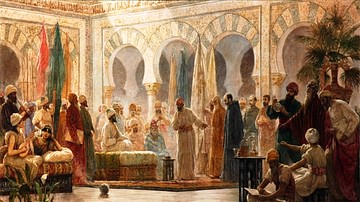
Definition
Abd al-Rahman III
Abd al-Rahman III was an Umayyad prince who reigned as Emir of Cordoba, and later Caliph of Cordoba, from 912 to 961 CE. His reign is remembered as a golden age of Muslim Spain and Umayyad rule, epitomized by his declaration of the second...
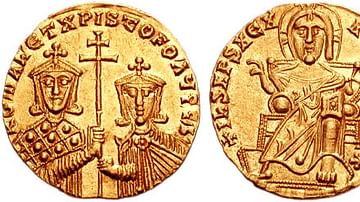
Definition
Romanos I
Romanos I Lekapenos (“the Ignorant”) was emperor of the Byzantine Empire from 920 to 944 CE. Of Armenian descent, he was a military commander who usurped the throne to rule as co-emperor with the rightful heir, but still minor, Constantine...

Definition
Philosophy
The word philosophy comes from the Greek philo (love) and sophia (wisdom) and so is literally defined as “the love of wisdom”. More broadly understood, it is the study of the most basic and profound matters of human existence. Philosophical...
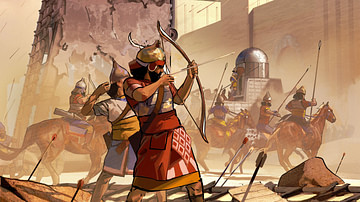
Definition
Assyrian Warfare
Assyria began as a small trading community centered at the ancient city of Ashur and grew to become the greatest empire in the ancient world prior to the conquests of Alexander the Great and, after him, the Roman Empire. While the Assyrians'...
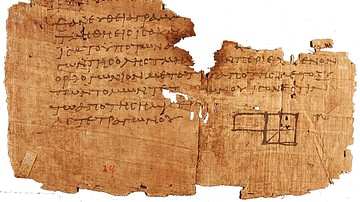
Definition
Ancient Greek Science
Ancient Greek science is a modern term for the application of systematic inquiry into the individual, the world, and the universe, which began in Ionia in the 6th century BCE with Thales of Miletus (l. c. 585 BCE) and continued through the...
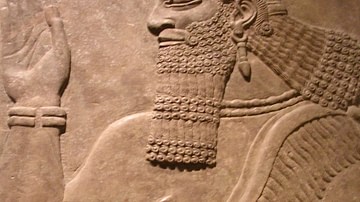
Definition
Neo-Assyrian Empire
The Neo-Assyrian Empire (912-612 BCE) was the final stage of the Assyrian Empire, stretching throughout Mesopotamia, the Levant, Egypt, Anatolia, and into parts of Persia and Arabia. Beginning with the reign of Adad Nirari II (912-891 BCE...
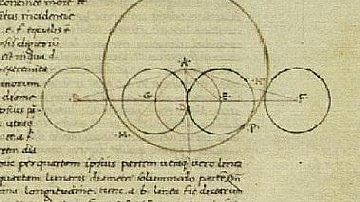
Definition
Greek Astronomy
Ancient Greek astronomy was the study of the universe to understand how it functioned and why apart from the established theistic model that claimed all things were ordered and maintained by the gods. Ancient Greek astronomers relied on observation...
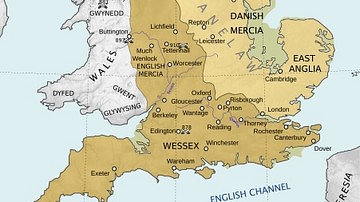
Definition
Kingdom of Wessex
The Kingdom of Wessex (c. 519-927 CE or c. 519-1066 CE) was a political entity founded by the West Saxon Chieftain Cerdic (r. 519-540 CE) in 519 CE in the Upper Thames Valley of modern-day Britain which would later evolve into the modern...
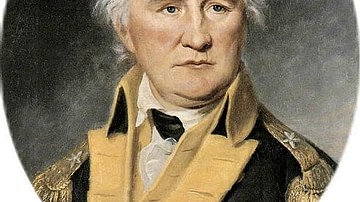
Definition
Daniel Morgan
Daniel Morgan (l. c. 1735-1802) was an American frontiersman and soldier, most famous for leading a corps of riflemen during the American Revolutionary War (1775-1783). He rose to the rank of brigadier general in the Continental Army and...
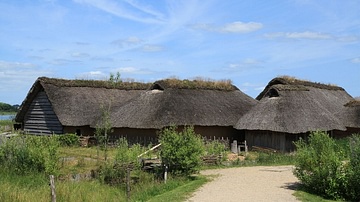
Definition
Hedeby
Hedeby (Old Norse: Heiðabýr; German: Haithabu) was an important stronghold in Viking Age Denmark from the 8th-11th centuries CE and, along with Birka in present-day Sweden, it was the most important Viking trading center in Europe. During...